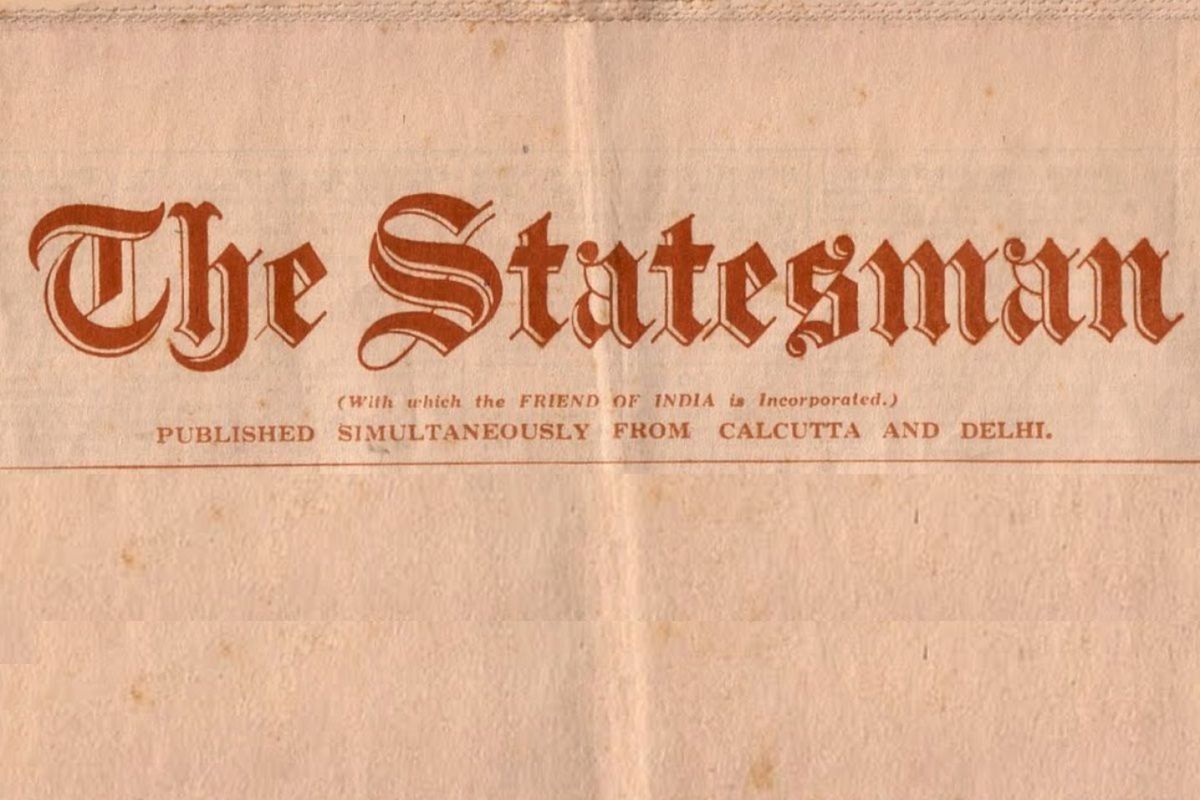THE HOUSE OF COMMONS
To The Editor Of The Statesman
Advertisement
SIR, – Reuter in his telegram relating to the Carpentier-Beckett fight, tells us among other things, “News of the fight caused great excitement in the House of Commons, where members gradually deserted during a speech by Mr. Churchill.” When one reflects that this body of legislators, in solemn duty assembled, can be broken up by the news of the result of a prizefight, it is apt to shatter one’s confidence, and one wonders if the views had arrived in the House during the nonsensical “discussion” of the “Reforms Scheme,” whether the result would not have been the same. If India’s destinies are to be ruled by the House of Commons, it is to be hoped that no telegrams regarding prize-fights or other frivolities will be announced during a debate on India affairs at any rate, seeing how deeply the “Indian Public” would feel the interruption, to say nothing of the insult to Mr. Montagu and the Reformers, who would also resent the delay.
ANTI-HUMBUG. THE HOOGHLY
To The Editor Of The Statesman
SIR, – I have been reading with interest the articles on the Hooghly, and, though it is easy to offer hasty criticism on the well-considered plans of others, yet it seems to me that, in the study of such a complex subject, the first principles have been rather lost sight of, especially as the recommendations as to dredging the bars can be no remedy but at least a temporary relief. Anyone can try the experiment of delta formation by pouring water on the sands, when it will be seen that the delta branches turn and twist, alternately silting their banks and bed, until, with remarkable suddenness, they cease to flow. The remedy would be to make Ganges or Ganges area water flow through the Hooghly, also, by training, to prevent erosion, with its consequent silting. Flooded areas are bound to silt but to remain a river a supply of water must be maintained and this cannot be brought from the sea.
PRIMA FACIE.
Calcutta.
THE ARMS ACT
To The Editor Of The Statesman
SIR, – As a sergeant in the Indian Defence Force I write to ask you to please allow me to state my case regarding the new Arms Act. I and others keep weapons for the purpose of enabling us and our families to reach a rendezvous should need arise. We live a considerable distance from the I.D.F. Armoury in a non-military mofussil station, and, to reach the Armoury and draw arms, would have to pass through a region which would be dangerous if need for rendezvous arose. It is considered inadvisable for us to keep our service rifles with us in this locality. The situation simply is that we decline to pay for a licence for these arms and are selling them; hence we shall not be able to make any attempt to join our platoon in time of trouble, being unarmed and helpless. Personally I was an extra-efficient cadet and volunteer for 16 years and have been promoted in the I.D.F., but now my efficiency will be nullified.
SERGEANT.











